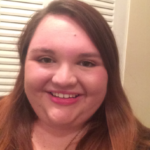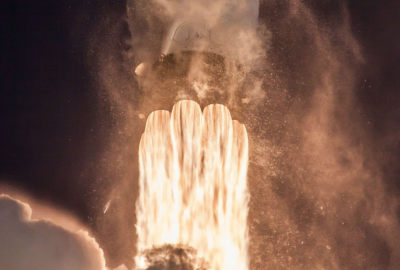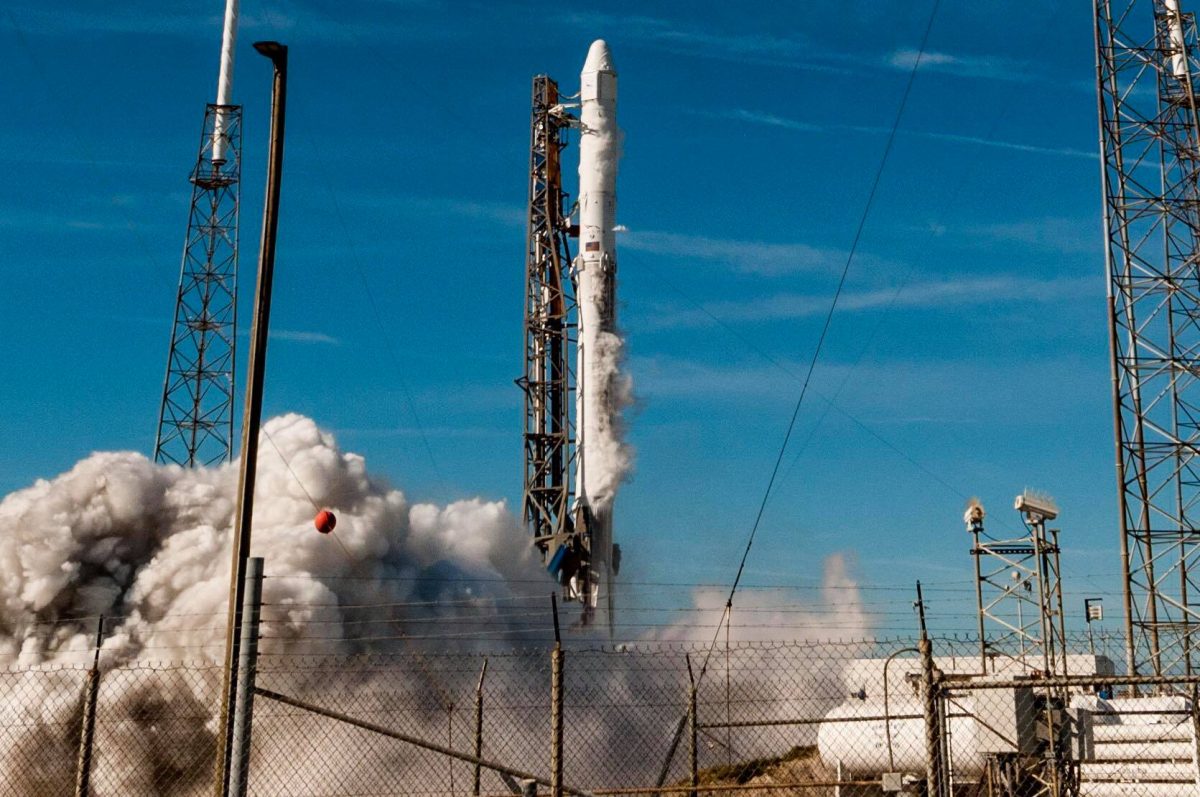While I have always been fascinated with space, my first love is history. As I was doing research for this article, I stumbled upon a situation that reminded me of an interesting part of astronomy history that I will share briefly with you.
During the Renaissance, everyone believed that Earth was stationary at the center of the solar system and the rest of the planets, moons, and sun orbited the Earth in crystal spheres. However, when Galileo Galilei turned his telescope toward the sky, he found the moons orbiting around Jupiter, not Earth. He began to believe (and publicly teach) that instead of living in a geocentric solar system, humans lived in a heliocentric solar system. However, everyone refused to accept Galileo’s discoveries because it went against what they were entirely sure was true. It wouldn’t be until years later that Galileo finally got the recognition he deserved.
Looking back on that story and knowing what we know about the universe today, it seems preposterous that anyone could believe that Earth is at the center of our solar system. However, people during that time were so convinced that they were right that humanity’s understanding about the cosmos became delayed. However, this isn’t an uncommon story. Even today, some five hundred years later, we struggle to have open mind about new developments and provide the resources to test if hypothesis are true.
For example, new evidence has recently emerged suggesting that planets are not always stationary in their orbits. Some scientists have hypothesized that, based on a different mix of elements and isotopes than on Earth, Mars originally formed somewhere near the asteroid belt and then moved inward to its current orbit. Though there are several possible theories about how this could have happened, one of them involves Jupiter moving toward the sun before being pulled back by Saturn’s gravity, moving with it and then leaving behind the stuff that would eventually form Mercury, Venus, Earth, and Mars. This theory, if correct, means that Mars would have struggled to keep water (or any life) on its surface, which could change humanity’s long-term goals in regards to Mars and the research we have been conducting there.
Moving planets has been a hard idea to swallow for some scientists. In fact, according to planetary scientist Kevin Walsh at the Southwest Research Institute in Boulder, Colorado, scientists have “only become comfortable within the last 10 years with the idea that planets move around a lot.” Walsh’s quote reminded me of Galileo’s story and how he had to fight against antiquated ideas about how the universe works.
While these scenarios aren’t a direct comparison since Galileo already had the evidence he needed to support his theory and the moving Mars theory is just an interesting hypothesis right now, scientists are even slow to accept that the hypothesis could have any merit. Even after it appears that some of the scientific community is beginning to agree with the idea of moving planets, there is still a long road ahead for these scientists proposing this idea. To prove their hypothesis, scientists need to collect samples from the surface of Venus to see if the planet’s elements are similar to the ones on Earth (like they predict). However, as of right now, there are no planned missions to Venus, and it looks like this theory will have to remain unproved for the time being.
However, if we can glean one last lesson from the history I mentioned earlier is that scientific discoveries often take place over several years and through the contributions of many. Perhaps one day in the future, someone else will be able to find the evidence needed to prove the moving Mars theory and provide a stepping stone for an even bigger discovery! After all, that’s what science is all about.

Written by Staff Writer Becca Brunner
Becca is a recent college graduate who lives in Tampa, Florida. From a young age, she has been fascinated by the stars and how beautiful the universe is. When she’s not writing for our blog, she can be found reading the latest YA novel, catching up on Dr. Who, or just hanging out with friends in coffee shops.









